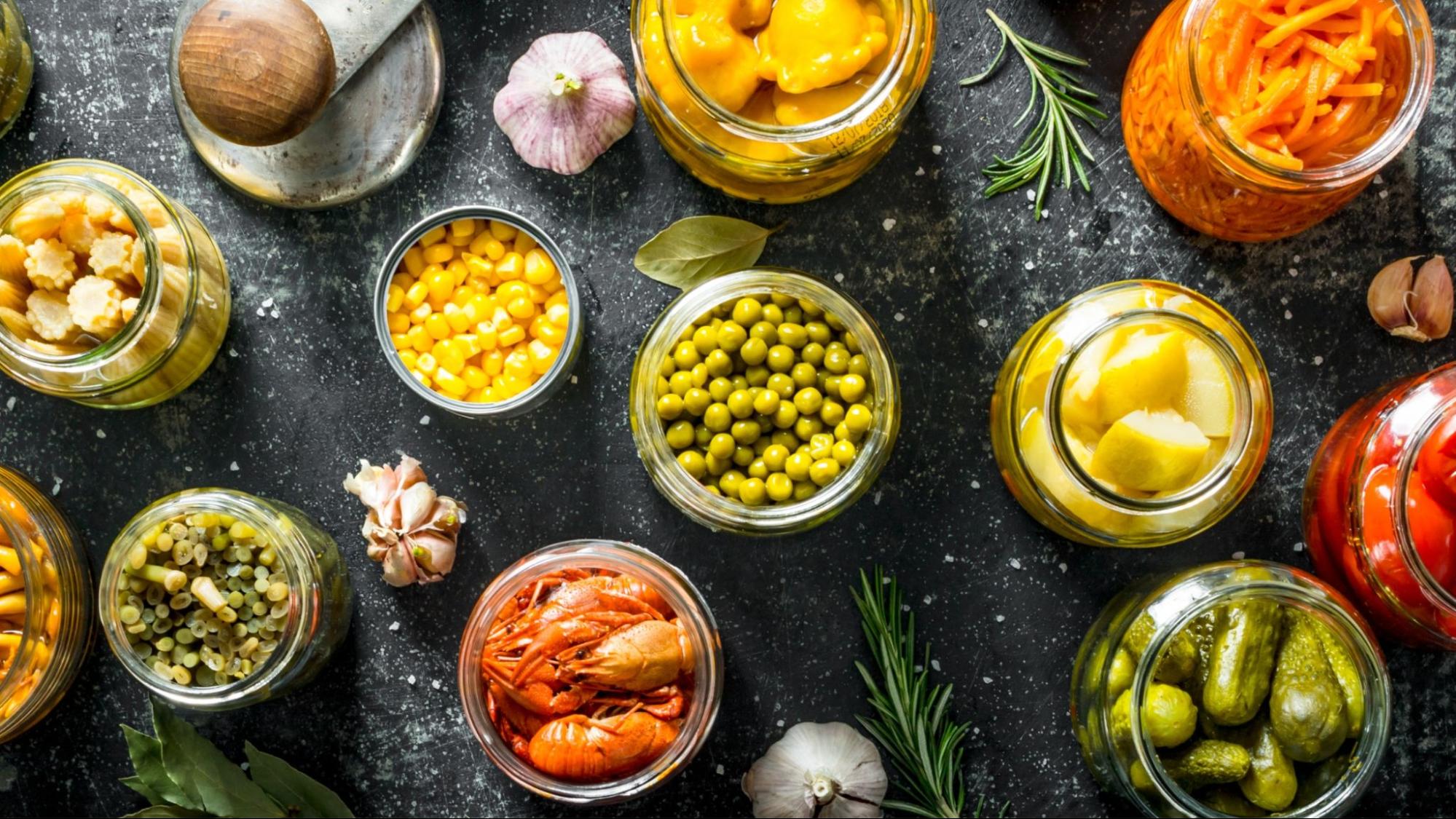
Looking Into the Difference Between Sparkling and Still Water
Hydration is a crucial part of human life. According to the U.S. National Academies of
Get Prepared for Easter with Fresh Farms | Now Available Baby Lambs
(Please Ask Our Meat Department For Assistance. Available at all stores except for Devon Ave)

The winter season offers a variety of fruits and vegetables that can be used in a variety of dishes. Storing winter produce properly is essential for preserving its freshness and preventing spoilage. Proper storage methods also help to maintain the nutritional value of the produce. If fruits and vegetables are not stored properly, they will start to rot, mold, and lose their flavor and texture. This can lead to unsafe food and can also decrease the overall nutritional content. Additionally, improper storage can lead to food waste, which can be an environmental issue.
To get the most out of your winter produce, it’s important to understand how to store it properly. Here’s a guide to storing winter produce for maximum shelf life.
1. Choose the Right Storage Containers
When it comes to storing winter produce, it’s important to choose the right containers. For most fruits and vegetables, you’ll want to use a container that is airtight and moisture-proof. This will help to keep the produce fresh and prevent any spoilage.
For fruits, you can use plastic bags or airtight containers. Be sure to keep the fruits away from any vegetables, as they can cause them to spoil faster.
For vegetables, you’ll want to use plastic bags or paper bags. Paper bags are great for root vegetables, as they will help to keep them from drying out.
2. Store Produce in the Refrigerator
For most fruits and vegetables, it’s best to store them in the refrigerator. This will help to keep them fresh and prevent any spoilage.
When storing fruits and vegetables in the refrigerator, be sure to keep them in a separate container. This will help to keep them from absorbing any odors from other foods.
When it comes to root vegetables, it’s best to store them in the refrigerator but in a separate container. This will help to keep them from drying out.
3. Store Produce in the Freezer
For produce that you don’t plan to use right away, it’s best to store them in the freezer. This will help to keep them fresh and prevent any spoilage.
When storing fruits and vegetables in the freezer, be sure to use airtight containers or bags. This will help to keep them from absorbing any odors from other foods.
When it comes to root vegetables, it’s best to store them in the freezer but in a separate container. This will help to keep them from drying out.
4. Store Produce in a Cool, Dark Place
For produce that you plan to use within a few days, it’s best to store them in a cool, dark place. This will help to keep them fresh and prevent any spoilage.
When storing fruits and vegetables in a cool, dark place, be sure to keep them away from any heat sources. This will help to keep them from spoiling too quickly.
When it comes to root vegetables, it’s best to store them in a cool, dark place but in a separate container. This will help to keep them from drying out.
By following these tips, you can ensure that your winter produce stays fresh and flavorful. With proper storage, you can enjoy the freshness and flavor of winter produce all season long.
Shop Fresh Farms’ In-Season Winter Produce
Winter is the perfect time to enjoy the freshest and most delicious produce from Fresh Farms! Our winter produce selection is full of flavor, nutrition, and quality. Choose from a variety of winter fruits and vegetables, including apples, oranges, potatoes, carrots, and cabbage. Our produce is guaranteed fresh and is sourced from local farmers whenever possible.
With Fresh Farms, you can always count on getting the healthiest and most delicious produce available. Come to Fresh Farms this winter and enjoy the freshest produce around!

Hydration is a crucial part of human life. According to the U.S. National Academies of

The quality of your meals and drinks can vary based on the ingredients you use.

If you’re looking to celebrate national french fry day, you might want to take it

You won’t always find the stuff you need for sushi when you head to the

Sourcing ingredients for international cuisine can be challenging, especially if you want to make it
Eat well.
Save time.
Live better.